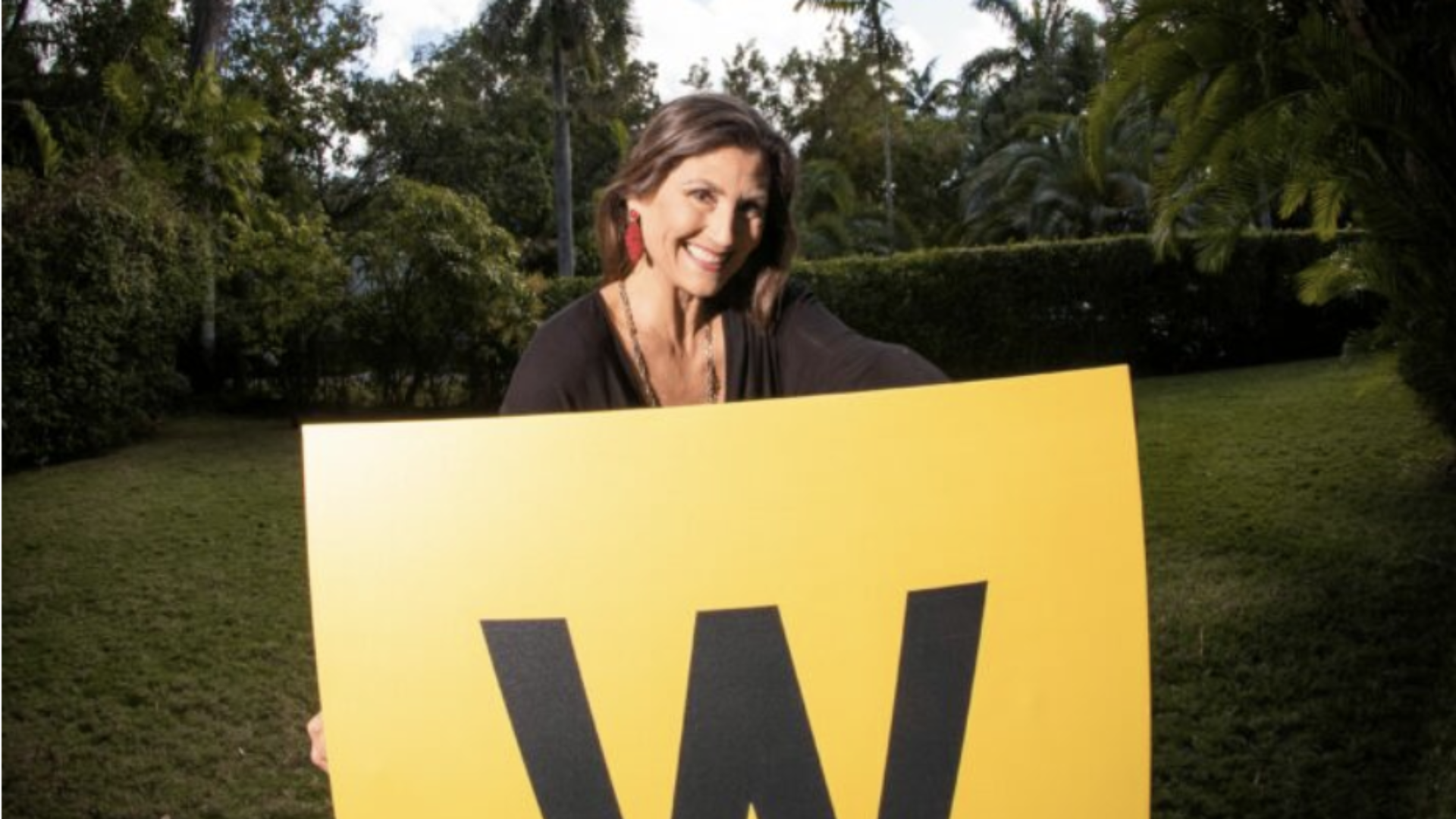Read the original article here.
Visit the Stop Sex Trafficking Page here.
JANUARY 30, 2020 04:46 PM
The next sex-trafficking victim could be your child or a child you know. Sixty-seven percent of victims are local. Miami-Dade County leads the state of Florida in reported sex trafficking, which ranks third in the country. Combating a $32 billion national sex trafficking industry takes a community coming together.
When Miami-Dade County and the Miami Super Bowl Host Committee took on Super Bowl LIV, they also committed to take our community’s anti-trafficking efforts to a new level. Over the past 12 months, our community has united in an unprecedented effort to stop trafficking.
The Stop Sex Trafficking campaign is informed directly by survivor-leaders to reveal truths and dispel myths in order to prompt victims to escape entrapment and activate the community to recognize and report this crime.
It’s important to know the facts:
1. Men who buy sex fuel the demand for children and youth, who are lured into sophisticated criminal networks. Reports show most buyers’ primary mindset is, “It’s mostly a victimless crime.” Yet, survivors report being forced to have sex up to 20 times a day.
Many victims have fled abusive homes, been abducted or been lured by pimps promising safety and security. The Stop Sex Trafficking campaign messages include “It’s No Fairytale. It’s Forced Sex” in order to alert vulnerable youth and the men who prey on them that this is not a victimless crime.
2. Husbands, fathers, colleagues and friends buy sex, and you likely know at least one. Reports show that over one-third of active buyers are married. More than one half of active buyers have children under age 18 living in their home.
The campaign message “See It. Snap It. Send It” encourages the community to be the eyes and voices for victims so manipulated by their abusers that they often are unable to escape their entrapment.
3. In Florida, buying sex is illegal, yet the industry thrives through sophisticated crime networks and illicit establishments. Research from Demand Abolition shows that men will reduce their buying of sex if they are more likely to be exposed. About one-quarter of buyers “strongly agree” that, “If the risk of arrest is so high, I might stop.”
Another of the campaign’s key messages, “Buy Sex. Be Exposed,” draws attention to Florida’s new online sex-buyer registry, which will make the name and photos of those buying sex available to the public. The ongoing Stop Sex Trafficking campaign will include those names and photos on billboards for all to see.
4. Women also recruit children and teens into trafficking. The campaign message “Not What You Think” shows a vulnerable young girl with an alluring older woman. Survivor-leaders encouraged this message to break the stereotypes of recruiters.
Dedicated women and men in law enforcement, prosecution, call centers and community organizations work 24/7 to recover and transition victims. These are the unsung heroes who engage every resource available to place victims in care that gives hope of a thriving life beyond abuse.
The Women’s Fund Miami-Dade is proud to be a lead partner in the Stop Sex Trafficking campaign and is deeply grateful for all those who have come together for this effort, which will extend beyond Super Bowl LIV to combat trafficking 365 days a year.
Particular recognition must be given to the Miami Super Bowl Host Committee, the Office of State Attorney Katherine Fernandez Rundle, the U.S. Attorney Southern District of Florida, Florida’s attorney general and lieutenant governor, FBI, Homeland Security Investigations, law enforcement, the South Florida and Miami-Dade human-trafficking task forces, elected officials and community leaders, foundations including Florida Blue Foundation, The Miami Foundation, Miami Dolphins Football Unites and the NFL Foundation, and more than 300 community organizations.
Everyone in our community can do something. In Miami, text or call the 24/7 hotline 305 FIX STOP, go to stoptrafficking.info to learn more and share the Stop Sex Trafficking campaign on social media.
Together, let’s end sex trafficking.
Kathy Andersen was the executive director of the Women’s Fund Miami-Dade.








